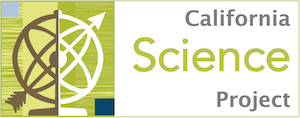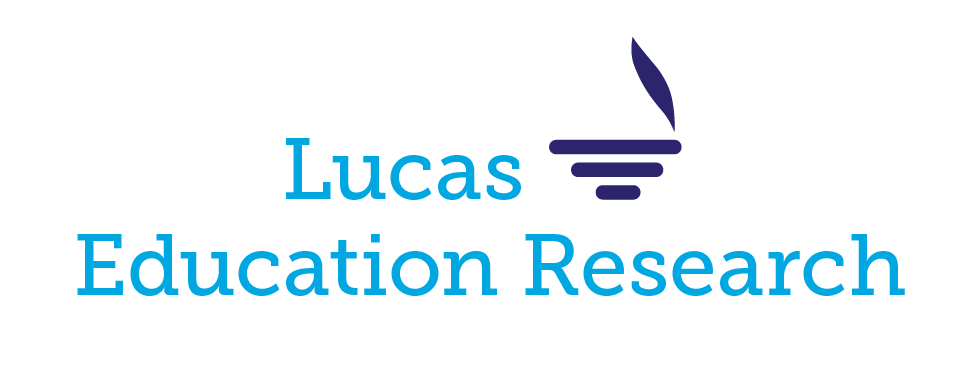Fostering meaningful conversations about equity grounded in teacher practice

- Teachers have knowledge of the unique characteristics of their schools, students, and local communities—and how that should shape instruction. They can work together to address persistent issues of inequity by providing each other guidance and holding each other accountable to progress on equity.
- School Leaders should provide space for honest, critical reflection among teachers that is not tied to evaluation.
- Teachers, instructional coaches, other school staff, parents, and researchers can all use the Conversations about Equity that Link Theory to Practice tool.
What is the Issue?
Meaningful conversations about equity in science education can be hard to start and even more difficult to sustain. Many teachers lack opportunities to deeply and openly discuss equitable instruction. Researchers or administrators often share equitable instructional practices with teachers with little discussion about the practice’s underlying principles. As a result, teachers lack ownership and sufficient opportunities to make sense of how these practices support equity. Administrators and researchers can use the resources in this brief to position teachers as equal contributors in collaborative learning—creating more meaningful conversations and stronger theoretical understandings of social justice in practice.
Authors:
By Maria Chiara Simani, Emily V. Reigh, and Emily Adah Miller (Authors Equally Contributed) | April 2022
Reflection Questions
Everyone in your organization should be able to answer and discuss the following questions:
- Do I understand our equity/social justice goals? How would I put it in my own words? Which parts of the goal resonate and which are unfamiliar or concerning?
- What specific practices can I do in the classroom to work toward our equity/social justice goals? What evidence of progress toward our goals can I look for and collect in my own instruction?
- What steps will I take if I do not find evidence that our goals are being achieved?
Things to Consider
- To create equitable classrooms, teachers need collaborative learning opportunities for extended periods of time where they build from their experiences with students to enact theories that address equity and social justice.
- In these learning spaces, teachers should be systematically positioned as equal contributors. This is critical for meaningful conversations about equity and for the development of shared theoretical understanding.
Attending to Equity
- Take an asset-based stance toward teachers by valuing their experiences and expertise and by working to understand where they are in their own personal development.
- Create opportunities for teachers to discuss equity that are never tied to any form of formal or informal evaluation.
- Offer teachers from marginalized groups opportunities to engage in separate conversations if they so choose. Racial caucusing might be a useful approach.
- Support creative partnerships between teachers of different grade levels and subject areas with other staff and stakeholders, like paraprofessionals and parents. Ascribe value to the work that happens outside of officially sanctioned spaces and times.
Recommended Actions You Can Take
Use the Conversations about Equity that Link Theory to Practice tool for meaningful conversations about equity, including the guidance and supports for using this tool.
As you work with the tool, enact these principles:
- Create a supportive environment: School climate shapes the interactions that occur between students, teachers, and administration. Talking openly about difficult topics requires mutual trust among all of these stakeholders. Trust is built over time through genuine dialogue.
- Have confidence in the process: Classroom environments, like the rest of society, have entrenched power-laden hierarchies that take time to identify and dismantle. Have confidence in and support teachers’ active efforts to disrupt those hierarchies—and develop ‘more flat’ structures.
- Honor teachers’ sensemaking practices: Teachers consistently reflect on how to make their classrooms more equitable, but how teachers make sense of classroom dynamics differs based on their positionality and experiences. Find the value in different approaches to this work.
- Focus on classroom practice: Equity work is most transformative when theoretical ideas are situated in teachers’ own instruction. As teachers see their relationships with students strengthened by the equity work, they will become more invested in the pursuit.
- Distribute expertise: Some schools position a person, coach, social worker, or administrator as the expert on equity and social justice. However, it is more productive to recognize that every staff member has relevant experiences for understanding systems of oppression and marginalization that can be elicited to enrich conversations about equity.
- Recognize all efforts as valuable for learning: The development of equity and social justice practices requires that teachers envision, create, attempt, and reflect on new practices, not all of which will be immediately successful. Attempts that are not successful should be gracefully accepted and celebrated as valuable to improvement.
Supplemental Files:
- How to Use the Conversations about Equity that Link Theory to Practice Tool
- Conversations about Equity that Link Theory to Practice
ALSO SEE STEM TEACHING TOOLS
STEM Teaching Tools content copyright 2014-22 UW Institute for Science + Math Education. All rights reserved.
This site is primarily funded by the National Science Foundation (NSF) through Award #1920249 (previously through Awards #1238253 and #1854059). Opinions expressed are not those of any funding agency.
Work is licensed under a Creative Commons Attribution-ShareAlike 4.0 Unported License. Others may adapt with attribution. Funded by the National Science Foundation (NSF). Opinions expressed are not those of any funding agency.


 Email Feedback
Email Feedback



